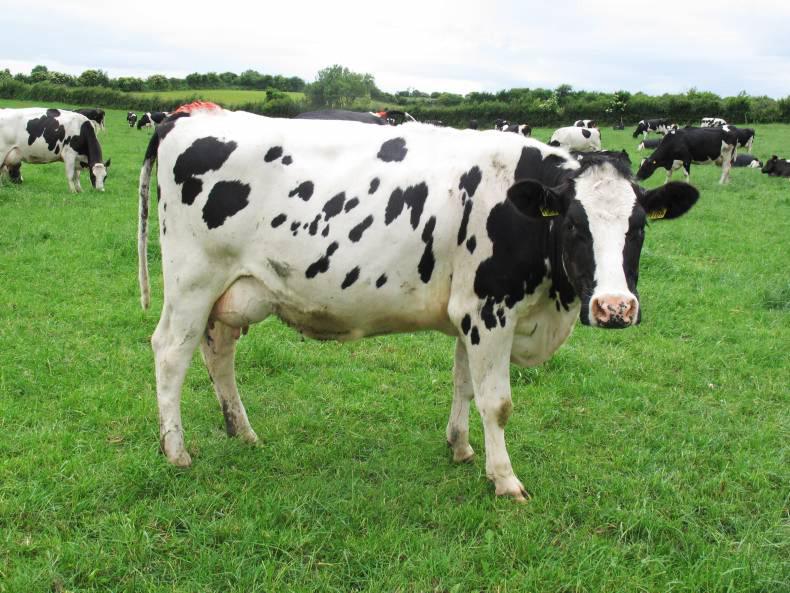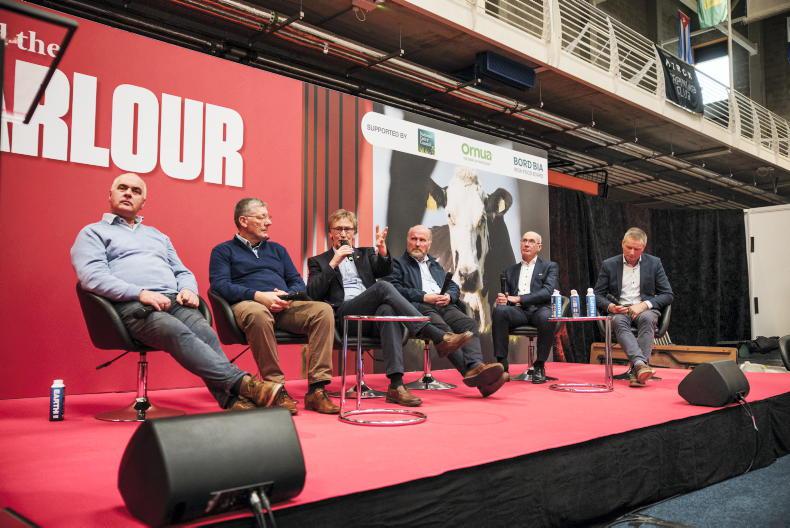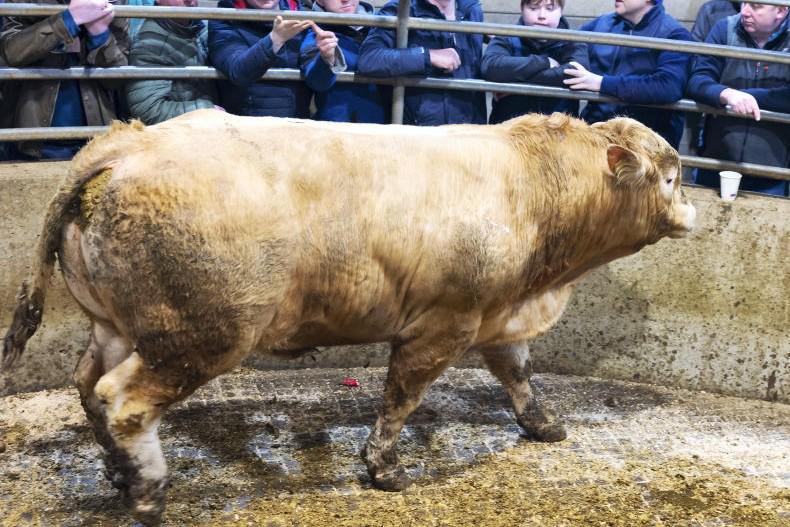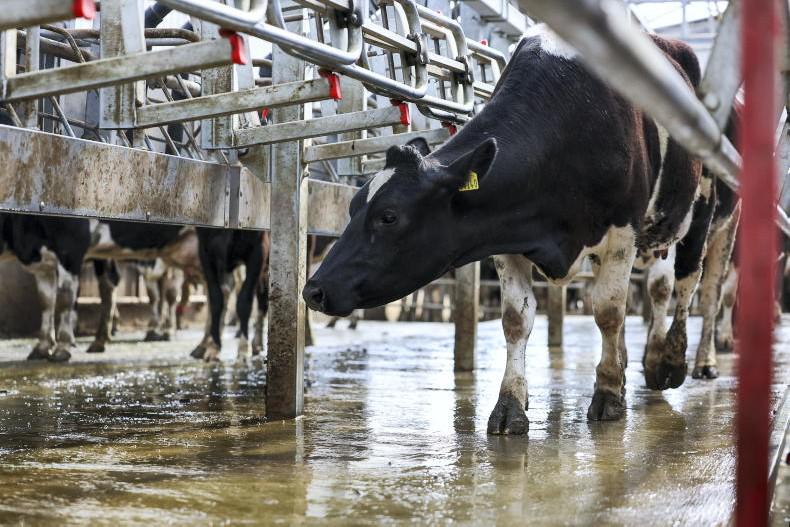Only two of our national co-operatives (milk processors) – Lakeland and Town of Monaghan – have said to their shareholders that they don’t want their suppliers to have a minimum number of shares in their co-op.
Kerry milk suppliers also don’t require a minimum shareholding. Kerry management has told suppliers that the plc will pay for any future investment in milk processing if it’s required.
The rest of the co-ops have set in place and are enforcing share-up in their co-op to the required level as detailed in Figure 1. Most of the co-ops are willing to spread the share-up investment over a number of years to lessen the burden on cashflow.
Arrabawn
Arrabawn had talked about different tiers of share standard depending on supply growth but have shelved all those plans and set a minimum standard that every supplier is to have 1,500 shares per 100,000 litres supplied. It doesn’t matter whether this is old or new litres. Share standard can be built up over three years if required, but for suppliers increasing volume supplied less than 20 or 30% it will be taken in the one year. The co-op is open to negotiation on time frame. Currently, share ownership among suppliers is at about 1,500 shares per 100,000 litres because process has been going on for the last two years, so anyone who did not have shares at all will have a minimum of 1.4 c/litre by end of 2015. Stopped taking share-up payments last month due to poor milk price.
Aurivo
Share standard is 3,000 shares per 100,000 litres. Three-year process started last July with 0.5 c/litre deduction. On average, the starting point was about 0.6 c/litre per supplier. Revolving fund and deferred payment have been postponed.
Tipperary: Share standard is 3,000 shares per 100,000 litres supplied. The co-op is currently taking 0.5 c/litre out between March and October but stopped now because of poor milk price. No fixed term to have fully shared up in co-op.
GII
Existing share standard was one share per 115 litres, or 870 shares per 100,000 litres. Under the new structure, the minimum share standard is 2,000 shares and the recent vote in Gowran will allow non-shareholders to purchase shares. Glanbia confirms that non shareholders will retrospectively receive milk price top-ups for 2015 if shares are purchased.
Dairygold
We have explained the Dairygold contracts in detail previously and Dairygold management have always stressed that they will place no limit on milk supplier’s expansion in the post-quota era. Dairygold has asked its members to fund part of this expansion, to the tune of €50m; the remaining cost will come from bank borrowings and cashflow.
In Dairygold Co-Op, the year-to-year financial impact of signing milk supply agreements will vary depending on how much your milk supply grows, your shareholding owned and what your base milk supply was between 2010 and 2012. There are also thresholds on when the deferred payment kicks in depending on milk price. It is the most comprehensive funding model.
Kerry
Kerry has no minimum share contracts but they have restrictions on the overall volume of milk that a supplier can produce. The limit is 120% of the quota owned in 2015. They also have a very long contract duration – ten years.
Carbery
Like the rest of the co-ops, it has a minimum share standard and this varies depending on the growth in your supply. It also has a limit on the volume of milk a supplier produces and this is restricted to 140% of the quota owned in 2015, mainly due to the fact that processing capacity is limited at its plant in Ballineen.
Lakeland
No minimum share-up required.
Town of Monaghan
No minimum share up required.
Comment
Farmers investing in co-ops need to have a right to know where shareholders’ money is going to be spent and what will be the expected return. They also need to know the big picture plan for the co-op on proposed investments and marketing in coming years. There is little point to farmers investing in a sinking ship if they can supply another processor that has a clear vision for the future in terms of processing, investment, sales and projected profits.
There is no doubt that each supplier, if investing in shares and revolving funds, etc, should sit down and go through a one-to-one meeting with management to see what the impact on their farm will be for their own investment plan.
Back to Irish Farmers Journal/KPMG Milk Price Review homepage










SHARING OPTIONS